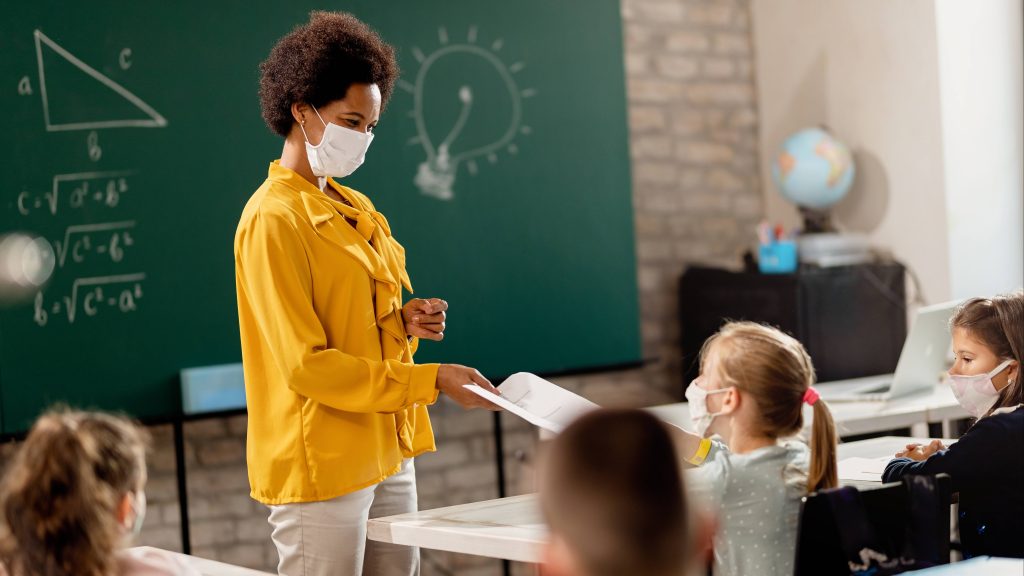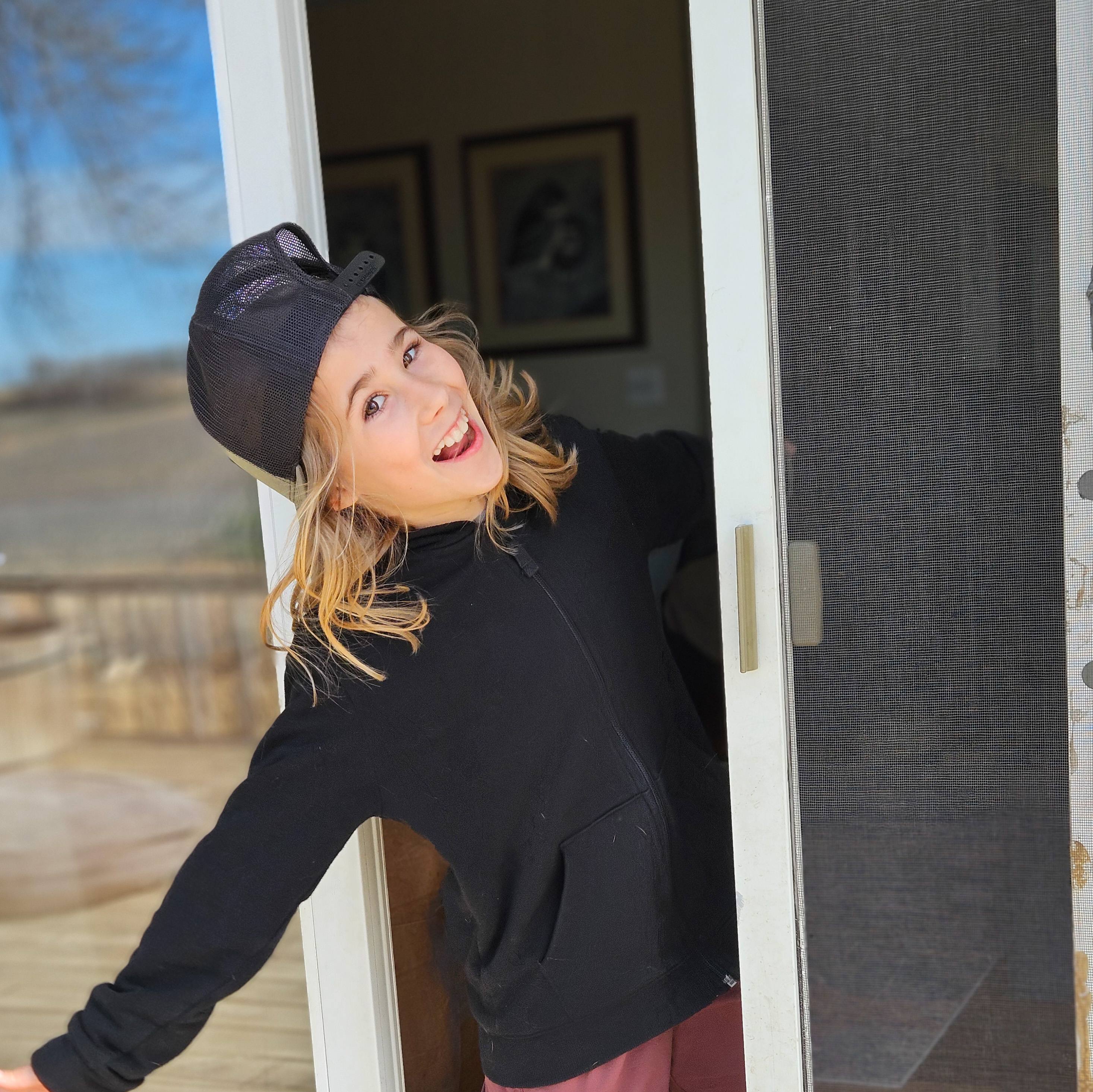
Dear Mayo Clinic: My teenage son is looking forward to heading back to school this fall, especially after months of distance learning due to COVID-19. Sitting in front of the computer for hours was not easy for him. He says he's not worried about wearing a mask to school or sitting behind a plastic barrier. My 7-year-old daughter, though, is becoming more and more nervous as school gets closer. She is fearful of getting sick and cries whenever we talk about returning to school. Do you have any advice for how I can ease the transition for them?
Answer: School is one of the most important places where children learn and grow intellectually, socially and emotionally. And while the desire is strong for children to return to a healthy school environment, the ongoing COVID-19 pandemic has caused a lot of uncertainty and stress for students, teachers and parents alike.
Change can be challenging, and it is important to remember that not every person reacts to change in the same way. Your children clearly recognize that this coming school year will look different than past years, whether they meet in person, online or use a hybrid approach.
The first step to helping your children transition is to keep a healthy mindset and focus on the positive. As schools determine their approaches, students will need varying behavioral health support based on their age and the class format.
Middle school, high school and college students may find their emotions vary between excitement and anxiety. As your son is older, he may have a better grasp on the requirements necessary for him to remain safe. That said, remind him to stay flexible and be open to the possibility that the format for school may change over the course of the year. Also, let your son know that it is OK not to feel OK. Teens may still need to hear that affirmed by the adults in their lives.
Elementary school students, such as your daughter, may not fully understand why all the health and safety practices are necessary. Parents with younger students should focus on other possible outcomes and steps to minimize the risk of infection.
If your school district is planning for hybrid schooling, such as staggering in-person school days or alternate start times, talk with your daughter about how changes in daily routines can be a challenge for everyone, even adults. Share with her that school administrators and teachers are probably feeling a bit anxious also.
For anyone feeling anxious, it's common to be irritable, or feel a sense of loss or sadness. Problems with sleep, physical tension and worry can result.
Consider these mental health tips to help manage mental health and ease the transition to the school year:
- Be aware and supportive.
Recognize your children's concerns or anxiety, and talk about their fears. Be patient as they work through loss of the way things were. - Be optimistic.
Maintain a positive attitude about learning new ways to learn. Encourage your children to see this as an adventure. - Practice relaxation and learn new skills to manage stress.
Explore how relaxation, mindfulness or yoga can calm the mind. Several free classes and mental health apps are online. Many of these skills are portable and can be used anytime, anywhere. - Maintain a normal daily routine.
Aim to wake up and go to bed as close as you can to the same times each day. Stay hydrated, try to keep up with a healthy diet and focus on increasing physical activity during the day. A healthy body helps maintain a healthy mood and mindset. - Lead by example.
Continue to practice safety measures at home and when out in public, including washing your hands, wearing a face mask and social distancing. Talk to your children about the importance of these measures to keep everyone safe. - Stay connected with healthy support in your life.
While social connections became mostly virtual in the height of the pandemic, it is valuable to spend time with those who care about you. Schedule in time to stay connected to friends and family, whether it be a 15-minute phone call or an in-person play date for your children with a family you are comfortable being around. - Disconnect.
Remember to disconnect from the news. Spending between 15‒30 minutes one to two times a day is usually enough to keep informed but not overwhelmed.
Some people may struggle with more significant mental health difficulties so if you believe your children need additional resources, I would recommend talking with their pediatrician or another health care provider to locate local mental health resources. — Dr. Craig Sawchuk, Psychology, Mayo Clinic, Rochester, Minnesota
Information in this post was accurate at the time of its posting. Due to the fluid nature of the COVID-19 pandemic, scientific understanding, along with guidelines and recommendations, may have changed since the original publication date.
Check the Centers for Disease Control and Prevention website for additional updates on COVID-19. For more information and all your COVID-19 coverage, go to the Mayo Clinic News Network and mayoclinic.org.
Related Articles







